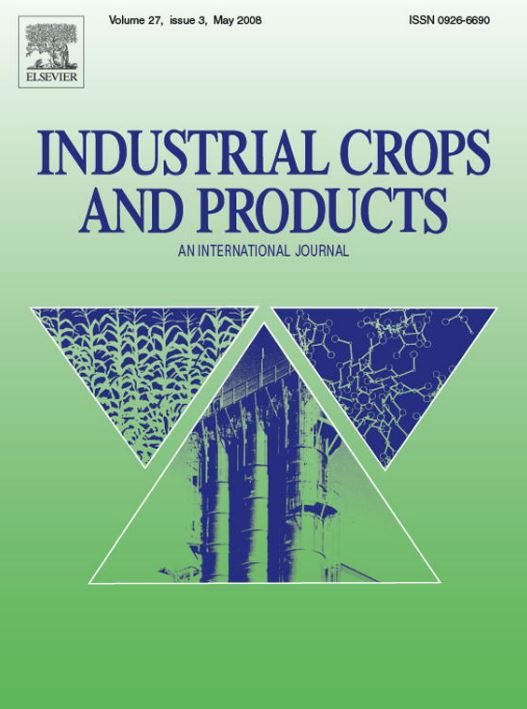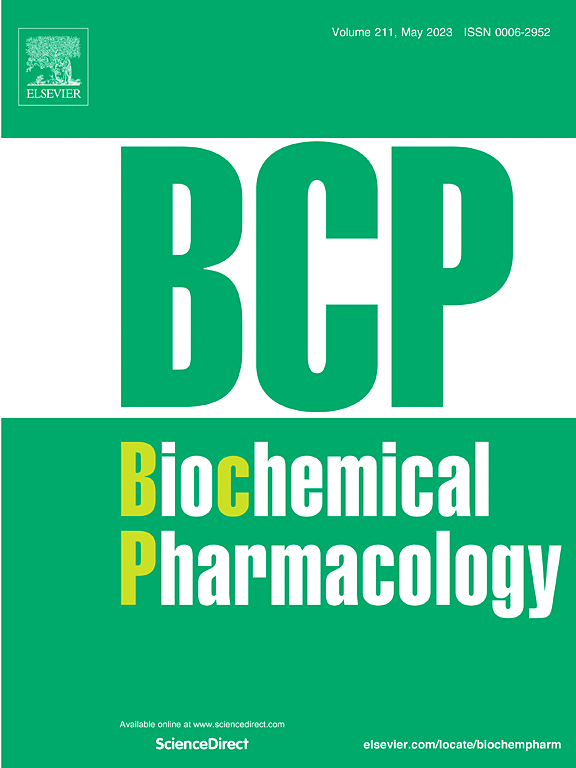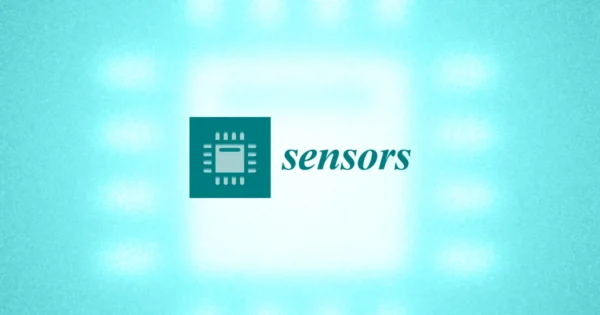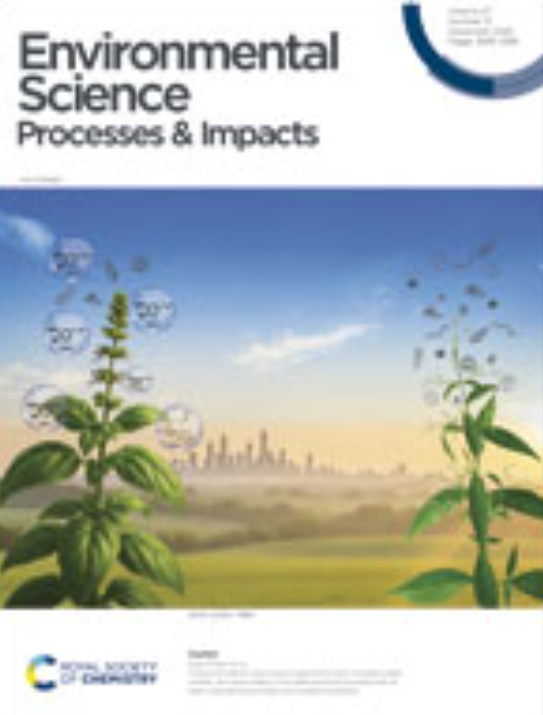Purpose
Endometriosis is a chronic inflammatory disease that can cause various pain symptoms. Current therapy options do not always provide sufficient pain relief and often cause unpleasant side effects. Recent studies have shown that the endocannabinoid system is involved in the endometriosis pathophysiology, and using Cannabinoids may be a potential therapeutic option. We aimed to determine for the first time, the Cannabis use prevalence, self-rated effectiveness, and the possible reduction in medication in German-speaking countries.
Methods
A cross-sectional online survey was distributed through endometriosis support and advocacy groups on social media. German-speaking endometriosis patients aged ≤ 18, residing in Germany, Austria, and Switzerland were eligible to participate.
Results
Out of 912 participants who provided valid answers, 114 reported using cannabis for self-management. Cannabis was rated as the most effective self-management strategy to reduce symptom intensity (self-rated efficacy 7.6 out of 10). Additionally, ~ 90% of the participants were able to decrease their pain medication intake. The greatest improvement was observed in sleep (91%), menstrual pain (90%), and non-cyclic pain (80%). Apart from increased fatigue (17%), side effects were infrequent (≤ 5%).
Conclusion
At the time of the study, Cannabis consumption was still illegal in Germany, Austria, and Switzerland, with medical cannabis being rarely prescribed due to complex requirements. Results suggest that Cannabis has become a popular self-management method for treating endometriosis-related symptoms, leading to substantial symptom improvement. Further studies are needed to investigate the best administration methods, dosage, THC/CBD ratio, potential side effects, and long-term effects to provide official recommendations to patients and healthcare providers.




